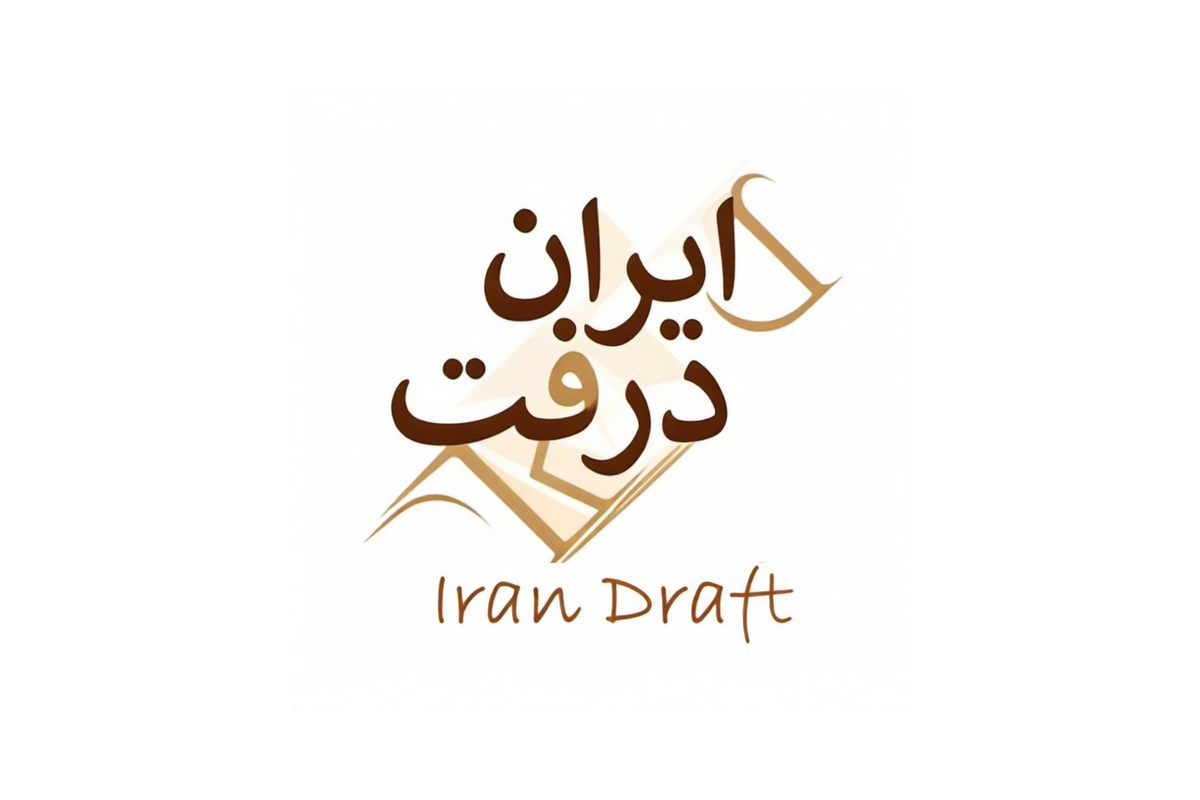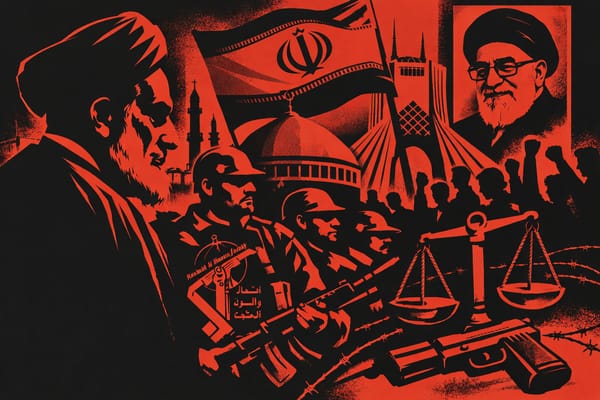A Note from the Publisher
What journalism means in a Western democracy is not identical to what it means for a diasporic Persian outlet like ours. And yet—amid all these differences—there are a few things that should remain universal.

May 2025
At First Draft Media, we believe that journalism is not a monolith. It is a practice shaped by geography, culture, and history. What journalism means in a Western democracy is not identical to what it means for a diasporic Persian outlet like ours. And yet—amid all these differences—there are a few things that should remain universal: a commitment to the audience, a dedication to clarity and context, and a belief that journalism must continually innovate or risk irrelevance.
In Western democracies, journalism has long been described as the “watchdog” of democratic institutions. It plays the role of investigator, exposer, fact-checker, and sometimes even arbiter of truth. But what happens when journalism exists outside such democratic contexts, or at a distance from its primary subjects? Persian diaspora journalism, for example, is not practiced in Tehran or Tabriz—it is created in exile, often in free societies, but reporting on a society that is not free. As such, Persian journalism abroad carries multiple burdens: to inform, yes—but also to advocate, to preserve culture, and to offer a sense of continuity and connection for a fractured community.
This multilayered responsibility can lead to both strength and stagnation. Too often, we have seen these conditions become a pretext for inaction. Constraints such as sanctions, surveillance, or the perceived inability of audiences in Iran to pay for news are treated as barriers to experimentation. But at Iran Draft, we see these constraints differently. We see them as a call to rethink the very structure of journalism—to ask what we owe our audience, and how we might serve them better.
Audience First
This is our first and guiding principle: the audience comes first. Not as a vague slogan, but as a practice. While it might seem self-evident, Persian media often operates with a limited understanding of its audience—who they are, what they need, what they already know, and what they want to know next. As a result, many outlets end up publishing variations of the same stories, creating a numbing repetition that adds more noise than clarity.
Iran Draft was created to break that pattern. We believe in slow journalism—a form of reporting that pauses, that reflects, that dives into the deeper context of a story. Our goal is not to chase the headline of the day, but to help our readers understand where that headline came from, what it means today, and how it might evolve tomorrow. We want our stories to inform, not overwhelm.
This commitment extends beyond the content itself. We are building a relationship with our readers—one based on transparency, dialogue, and trust. Through open feedback channels and a membership model, our readers are not passive consumers; they are co-creators. They support the journalism they want to see, and they shape the direction we go. In a world saturated with information, we do not aim to add more—we aim to help people make sense of what already exists.
Innovation as a State of Being
Too much of traditional journalism is built on rigidity. In its institutional form, the newsroom mimics a bureaucratic hierarchy: publishers at the top, editors as gatekeepers, journalists as laborers. This structure was meant to ensure accountability and separation of power. But in the digital age, it often does the opposite. It creates inertia. It rewards caution. It discourages agility.
At Iran Draft, we operate differently. We are a cooperative, not a corporation. Every member of our team—whether they work in reporting, design, fundraising, or community outreach—is a stakeholder in the project. This is not just an organizational choice; it’s a philosophical one. By blurring the traditional lines between roles, we empower all of our members to think creatively, take risks, and adapt quickly to change.
This matters immensely in a time when journalism is facing technological disruption on all fronts. From the rise of AI tools to new methods of audience analytics, the profession is being reshaped. But too many newsrooms treat innovation as an external threat or a luxury they can't afford. We treat it as a necessity—and a shared responsibility. Everyone at Iran Draft has a stake in our future, and everyone contributes to making that future viable.
We do not have staff and freelancers in the conventional sense. We have contributors who are owners. This changes everything—from how we work to how we care for the work itself.
A New Model: Title and Journalist, Side by Side
In the legacy model of journalism, institutions took precedence over individuals. Readers followed The Guardian, not the journalist behind the byline. Reporters were rarely public figures in their own right unless they held high editorial positions or appeared regularly on television.
But the cracks in that system appeared first not in the West, but in places like Egypt and Iran. In the early 2000s, as state control over media remained tight, a generation of bloggers emerged. They built loyal audiences, became cultural forces, and gained credibility often unmatched by traditional outlets. In Iran, this evolution was halted prematurely by censorship and repression. The natural next step—a fusion of credible institutions and charismatic individuals—was never allowed to take root.
That fusion, however, did take place elsewhere. In recent years, innovative platforms like De Correspondent in the Netherlands, Zetland in Denmark, and Krautreporter in Germany have pioneered a model where the brand and the journalist grow together. Journalists are not hidden within a faceless organization. Their expertise and personality are featured prominently. Readers come to trust not just the outlet, but the people behind it.
Iran Draft is the first platform to bring this model to Persian-language media. We believe it can reshape the landscape in meaningful ways. First, it builds trust. In an environment where disinformation is rampant and news fatigue is high, human connection matters. When readers know who is informing them—and why—they are more likely to stay engaged. Second, it supports individual careers. Our journalists can write books, give public lectures, launch their own projects—all while contributing to a shared journalistic mission. And third, it opens new paths to sustainability. Membership, crowdfunding, diversified revenue—all become possible when journalism is rooted in human relationships rather than faceless production.
Why This Matters Now
Iran Draft is not just another outlet. It is a new blueprint. It challenges the assumptions that have governed Persian media for decades—assumptions about audience passivity, institutional authority, and what is “possible” under constraint. We are building something else: a publication where readers are participants, where journalists are empowered, and where innovation is not an afterthought but a way of life.
Our context is unique, but our aspirations are universal. We believe journalism should help people live more informed, connected, and meaningful lives. That is what we’re here to do. And we’re inviting you to do it with us.
Because journalism, in the end, is not about us. It’s about all of us.
First Draft Media



